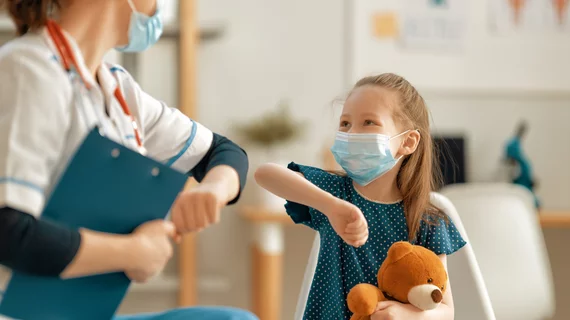New one-stop cardiology clinic focuses on patient relationships, not insurance
A veteran cardiologist in Billings, Montana, has opened up a new practice designed to reach patients faster and get to know them better.
Pediatric cardiologist Nancy Hua, DO, was looking for a change after spending 10 years working out of hospitals. She opened Peds Happy Hearts to develop closer relationships with her patients and hopefully keep restrictive red tape to a minimum.
KTVQ interviewed Hua about her new venture, noting that she has already treated more than 50 patients.
“I've seen where patients will have to take weeks to months to actually see a specialist,” she said, as quoted by KTVQ. “I think it's important because I feel like as a cardiologist, if you have a heart concern, instead of going to urgent care or the emergency room, I want you to come in and be seen right away.”
One key detail about Hua’s new direct-care practice is that patients pay a fee upfront based on the services they are receiving. She insurance does not dictate whether or not patients are seen or treated. However, a patient’s insurance may still cover the costs after the fact in some cases.
The ultimate goal, Hua added, is to provide “one-stop cardiology care” and catch heart issues as early as possible.
Click the link below for the full story, including a detailed look at the impact Peds Happy Hearts is making on young patients in Montana:

